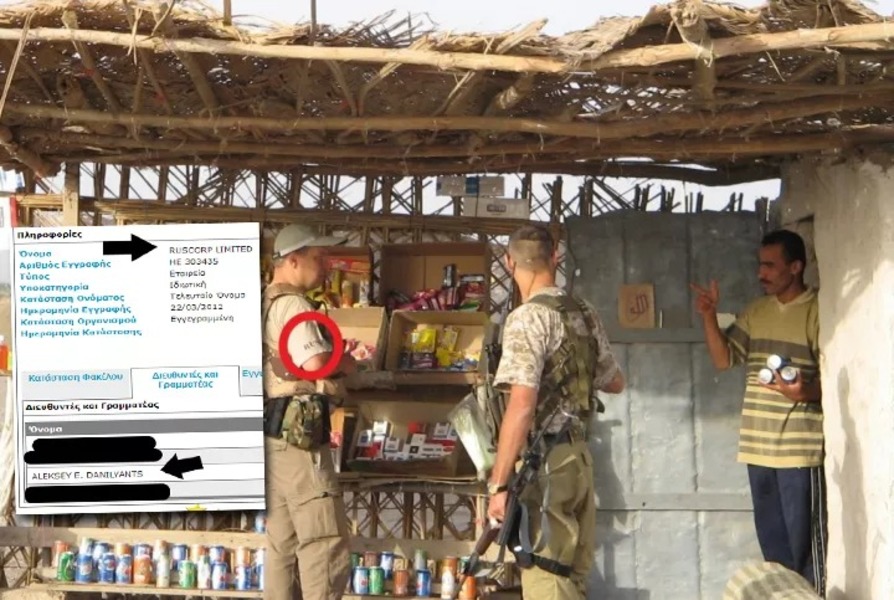Russian private mercenary companies have been registered in Cyprus, according to a 2019 report by the US think tank New America Foundation, reports in-cyprus.
The 86-page report titled “Decoding the Wagner Group: Analyzing the Role of Private Military Security Contractors in Russian Proxy Warfare,” which has resurfaced after the Wagner Group mutiny in Russia, analyses the role of private military security contractors in the country, as well as their operations in other parts of the world such as in Africa and in the Syrian civil war.
Key in the report is the company RusCorp, which according to the findings was birthed after a merger of a number of Russian private mercenary companies in 2006. Public records show that RusCorp affiliates are registered in Nicosia, London and Singapore.
According to a study by the Norwegian Defence Research Establishment (FFI), “in 2010 RusCorp described itself as an ‘international security holding company’ headquartered in Moscow and with offices in Nigeria, Iraq, the United States, the UK and ‘other selected European countries’”.
RusCorp seems to still be registered in Nicosia’s Capital Centre on Makariou Avenue, with its director being Aleksey E. Danilyants. The company was registered in 2012 and last filed returns in 2021, the Cyprus Registrar of Companies website shows.

Danilyants, who is mentioned in the US report as having served as RusCorp’s vice-chairman, is involved with two Cyprus-based companies: Ruscorp Group Limited and Ruscorp Limited, the Cyprus Registrar of Companies website shows.
Another person of interest in the web of evidence linking Russian mercenaries to Cyprus is Vadim Gusev, who is allegedly linked to both RusCorp and the Wagner Group.
According to the New America Foundation report, Vadim Gusev was arrested in Russia “on charges of violating laws prohibiting mercenary activity after a disastrous encounter near Palmyra, Syria in the fall of 2013 that exposed his links to the Wagner Group.”
Inside the study, he is pictured in desert camouflage and sporting a tan t-shirt with a RusCorp logo on the sleeve. “Photos of Gusev on a detail in Iraq dated around 2005 provide the first hint of the elaborate corporate architecture that would eventually form the backbone of one of the world’s largest state-sanctioned paramilitary cartels,” the report notes.
Among other operations, Russian PMCs were used to protect oil cargos travelling to and from countries in Africa, such as Nigeria, as well as arms shipments to Syria.
“Cooperative international arrangements for collective defense of merchant vessels on the high seas also partially explain the close nexus with offshore business havens, such as Seychelles, Cyprus, Belize, and the British Virgin Islands, where regulatory frameworks for maritime trade are much looser,” the New America Foundation report notes.


